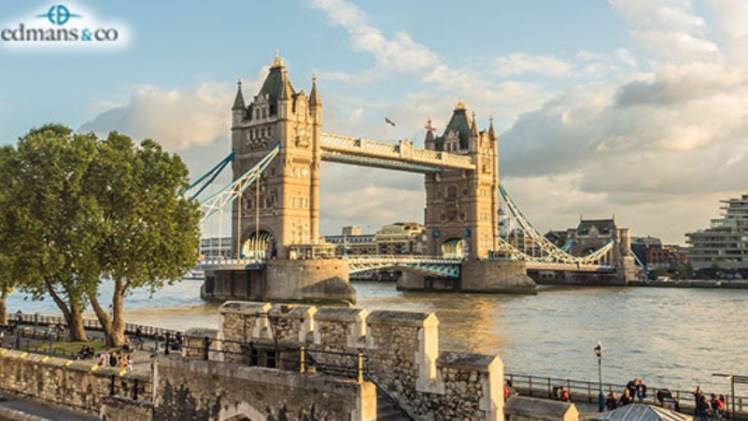UK Immigration in 2017 – What does the future hold?

Brexit and the Changing Landscape of UK Immigration: An Overview of the Immigration (EEA) Regulations 2016
It has so far been a turbulent year for the UK and in particular UK Immigration. The country quite unexpectedly voted to leave the EU in the “Brexit” referendum and now aims to serve the Article 50 notice on the European Union by March 2017.
However, the whole process is marred with various legal challenges from pro-EU groups and it now looks unlikely that the notice will be given by March 2017, as originally planned. In the meantime, in November this year the government announced new version of the current EEA rules, that will come into force in February 2017.
Settled Status in the UK refers to the immigration status granted to eligible EU, EEA, and Swiss citizens, as well as their family members, who were living in the UK before the end of the Brexit transition period (December 31, 2020). It allows individuals to continue living and working in the UK without any immigration restrictions. Settled Status is part of the UK government’s EU Settlement Scheme, which was introduced to protect the rights of EU citizens and their family members residing in the UK after Brexit. Once granted Settled Status, individuals are granted the right to stay indefinitely in the UK and enjoy various benefits and services.
Changes to UK Immigration: Introduction of Immigration Skills Surcharge and Abolishment of Grace Period for Out of Time Applications
The government will additionally introduce Immigration Skills Surcharge in April 2017, making it more expensive for employers to sponsor migrants for a job. Coincidentally, those changes will not affect migrants switching from Tier 4 (Student) visa to Tier 2 (General) visa.
Quite significantly, in the latest statement of changes the Government decided to abolish the 28 days grace period for out of time applications made on or after 24 November 2016. This change will have a significant impact on those applicants who miss expiry of their leave or have to reapply after refusal of their leave to remain application or following an unsuccessful appeal.
Indefinite Leave to Remain (ILR) in the UK is an immigration status that grants an individual the right to live and work in the country without any time restrictions. ILR is also known as settlement or permanent residency. It allows individuals to stay in the UK for an indefinite period and provides them with a wide range of benefits, such as access to public funds, healthcare, and education.










